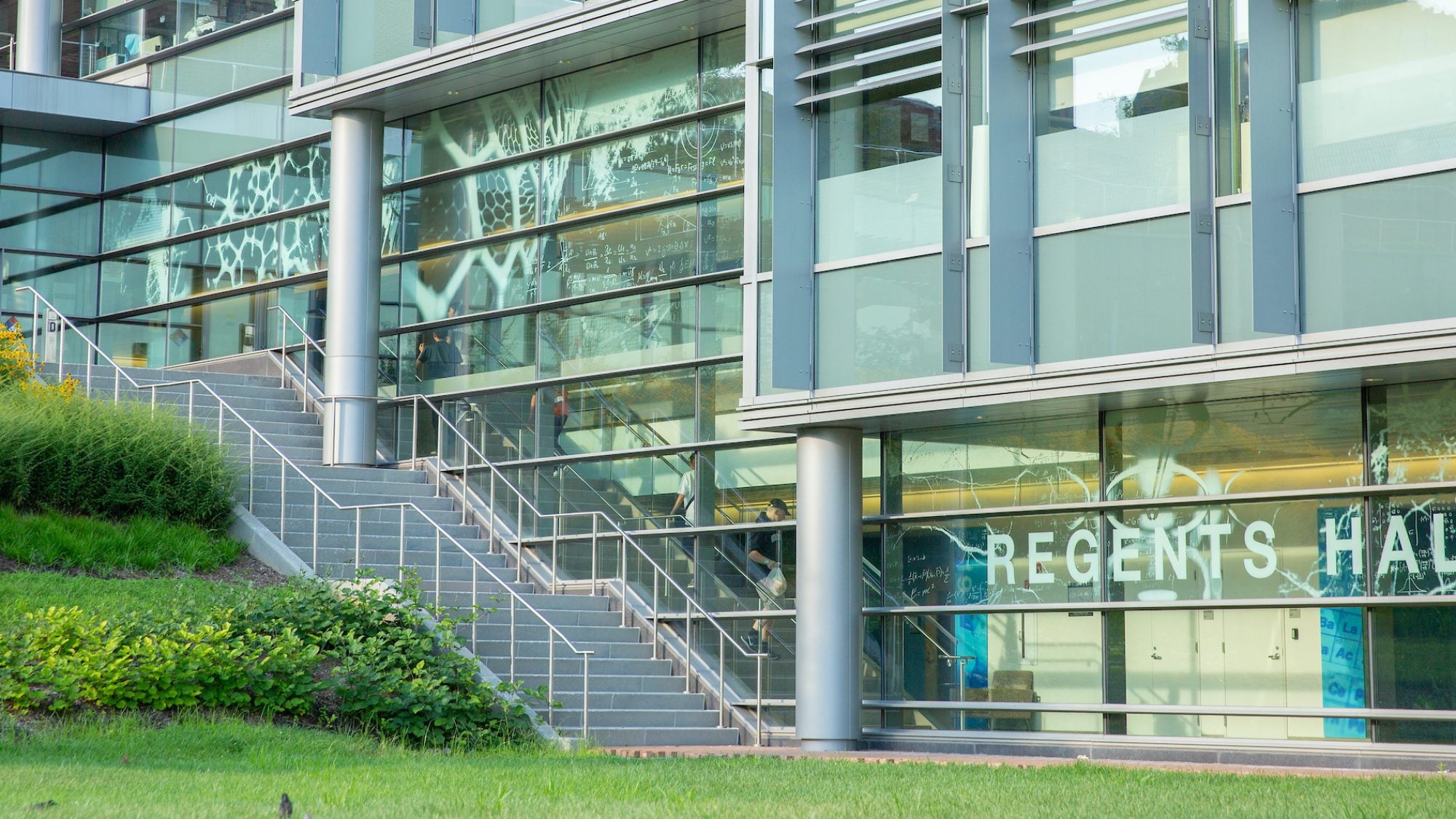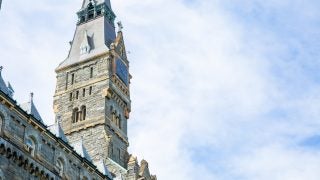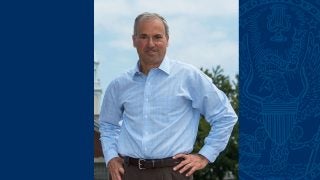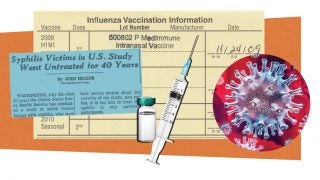“Maximizing vaccination requires that we track vaccination patterns to measure the progress of the vaccination campaign and target locations that may be undervaccinated,” says Bansal. “Our findings highlight the critical role of detailed, accurate, and transparent data curation and dissemination to enable informed public health decision-making.”
As the country eases health restrictions, travel within and from unvaccinated parts of the country increases the risk for disease transmission and variant emergence – including variants that are resistant to the safe and effective vaccines currently available.
“Unvaccinated individuals are efficient fuel like dry wood for the fire of future outbreaks,” says Bansal. “Vaccinated individuals are like soaked wood – while it can’t easily catch fire, if it’s surrounded by dry wood, the chances are much higher. And mobility between locations fans and spreads the outbreak like wind would a wildfire.”
Student and Alumni Leadership
The vaccination tracking team is composed of Bansal, undergraduate research assistant Alexes Merritt (SFS’23) and Georgetown alumni and research associates Andrew Tiu (NHS’21) and Zack Susswein (C’20).
“Public health officials have been tirelessly campaigning for increased vaccination and have stressed its importance in the face of dangerous variants and a rise in cases. We’re lending additional specificity and statistical power to this message,” says Tiu. “In response, I hope that vaccination rates pick back up.”
Susswein, who started working in the Bansal Lab as a student more than three years ago, hopes the tracker will influence policymakers to make vaccination even more accessible.
“I hope it reminds people that much of the country is still unvaccinated and, as long as that continues, we’ll continue to see COVID-19 transmission,” says Susswein. “If we want the pandemic to end, we need policy that makes vaccination as easy and available as possible.”
‘Why I Chose to Go to Georgetown’
Merritt, a Science, Technology and International Affairs major who has been working in the Bansal Lab since September of 2020, has leveraged her passion for public health and disease ecology to contribute to the scientific community in a time of great need.
“Working and learning about global issues is exactly why I chose to go to Georgetown,” says Merritt. “Working on this project has been a way of using this knowledge to help others at a time where we all need a little help.”



